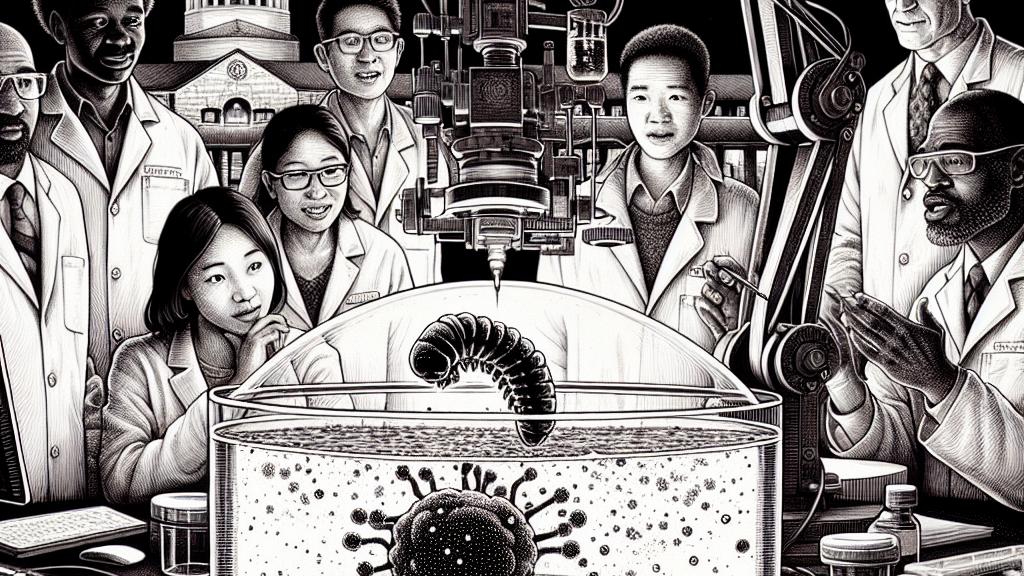Measuring Bite Force in Tiny Worms Using New Techniques
Overview
- Stanford's revolutionary nanoparticle technique sheds light on the world of C. elegans.
- Pioneering method allows for real-time measurement of muscle forces in worms.
- This research could transform the field of biological science and medicine.

Innovative Nanotechnology Breakthrough
Picture this: a group of brilliant researchers at Stanford University, innovating at the intersection of nanotechnology and biology. They've developed a groundbreaking technique that allows them to measure the bite force of tiny C. elegans worms, an incredible feat that goes beyond traditional methods! By embedding luminescent nanocrystals in tiny polystyrene spheres, these scientists fed the spheres to the worms, enabling them to observe real-time interactions. As the worms consumed their food, the researchers monitored the energy exerted by the worms’ grinder muscle in their digestive tract, revealing a bite force of approximately 10 µN. This seemingly small measurement is monumental; it opens doors to understanding force dynamics in larger, more complex organisms!
Significance of Measuring Bite Force
You might ask, 'Why does quantifying the bite force of a worm matter?' Well, the answer is multifaceted! By uncovering how C. elegans generate these forces while feeding, researchers gain valuable insights into the muscle functions of larger species, including humans. For example, consider how this knowledge could influence treatments for muscular diseases—it may lead to the development of therapies that address these issues at the molecular level. Furthermore, this research highlights that even the tiniest of creatures can teach us about physiology and health, emphasizing the interconnectedness of life, no matter the size!
Future Implications for Biological Research
Now, let's delve into the broader implications of this nanoparticle technique. This method is not merely a tool for measuring bite force; it stands poised to revolutionize multiple areas of biological research. Imagine the possibilities! Researchers could adapt this methodology to investigate interactions within various cell types and tissues across multiple species. They could explore how diseases disrupt normal muscle function or even how certain drugs interact with biological systems. As we refine this technology, we could be looking at a future where real-time monitoring leads to unprecedented advancements in medicine and bioengineering. By leveraging the insights gained from studies on small organisms, we might unlock vital discoveries that could change the course of healthcare and biology forever!

Loading...